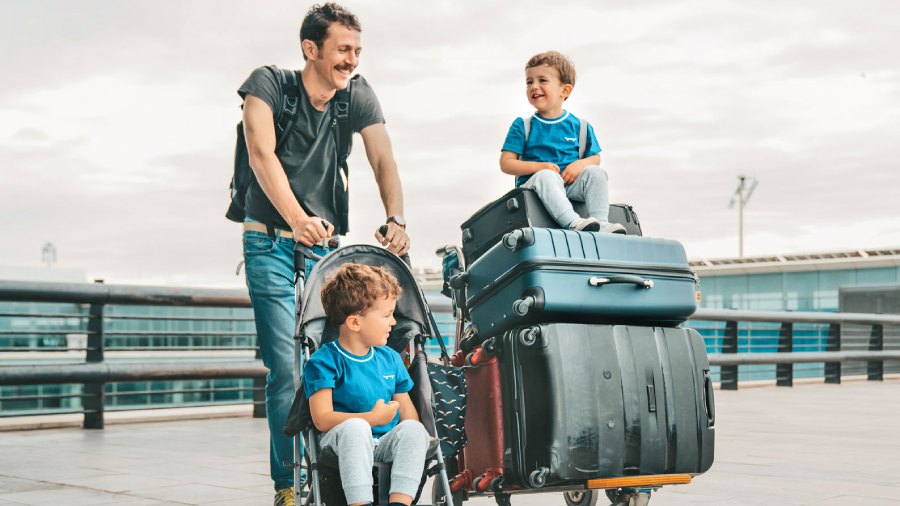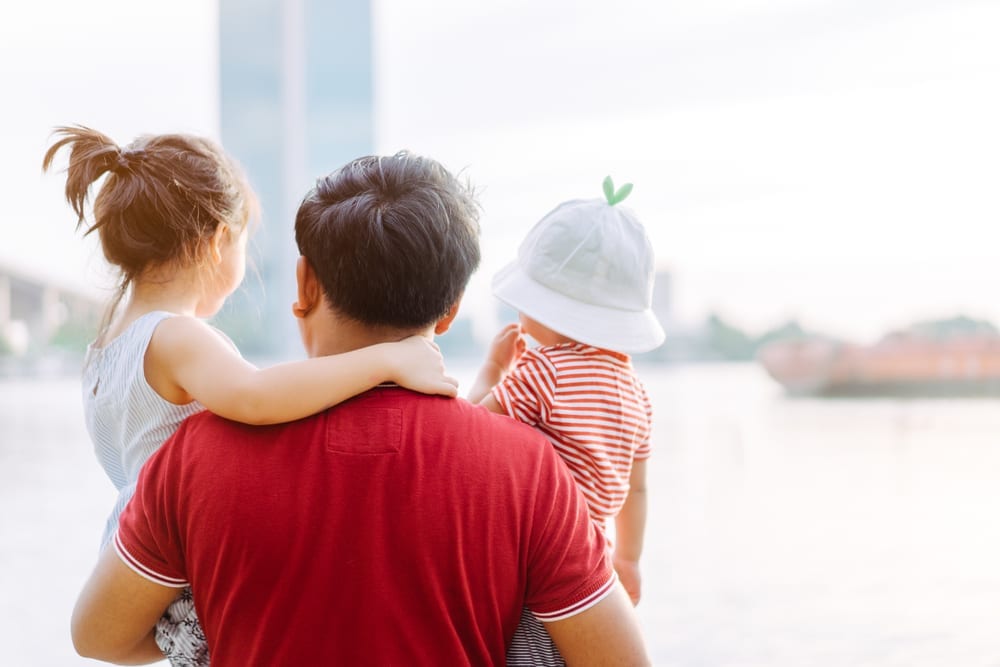Traveling with children can be a rewarding experience that creates lifelong memories. However, for some kids, the thought of leaving home can bring about feelings of worry and discomfort. Understanding how to handle kids’ travel anxiety is crucial for parents, especially single parents who face the dual role of caregiver and planner. In this article, we will explore various strategies to manage and alleviate travel-related stress in children, ensuring a smooth and enjoyable journey for the whole family.

Understanding Kids’ Travel Anxiety
Kids’ travel anxiety often stems from fear of the unknown, changes in routine, or past negative experiences. Recognizing the signs of anxiety, such as clinginess, irritability, or physical symptoms like stomachaches, is the first step in addressing the issue. By identifying these signs early, parents can take proactive measures to support their children.
Common Causes of Travel Anxiety in Children
Understanding the root causes of anxiety can help in crafting effective solutions. Common triggers include:
- Fear of the unknown: New environments, people, and experiences can be overwhelming.
- Separation anxiety: Concern about being away from home or familiar surroundings.
- Previous negative experiences: Past difficult travels can influence future expectations.
How to Prepare Your Child for Travel
Preparation is key to reducing anxiety. Here are some strategies:
- Discuss the trip in advance: Talk about the destination, activities, and what to expect.
- Create a visual itinerary: Use pictures or a calendar to outline the travel plan.
- Role-play scenarios: Practice going through security or boarding a plane.
For more tips on planning a kid-friendly itinerary, visit this guide.
Comfort Items and Distractions
Bringing familiar items from home can provide comfort during travel. Consider:
- Favorite toys or blankets: These can provide a sense of security.
- Books or games: Keep your child occupied and distracted from anxiety.
For additional ideas on keeping toddlers entertained, explore this article.
Communicating with Your Child
Open communication is essential. Encourage your child to express their feelings and listen actively. Validate their emotions by acknowledging their fears and reassuring them of their safety and your presence.
Using Positive Reinforcement
Recognize and reward your childs courage in facing their fears. This can be done through:
- Verbal praise: Acknowledge their bravery and cooperation.
- Small rewards: Offer incentives for successfully managing anxiety.
Relaxation Techniques for Kids
Teaching children relaxation techniques can help them manage their anxiety. Techniques include:
- Deep breathing exercises: Help calm nerves and reduce stress.
- Visualization: Encourage your child to imagine a peaceful place.
Maintaining Routine While Traveling
Keeping a consistent routine can help ease anxiety. Try to maintain regular meal and sleep times to provide a sense of normalcy.
Dealing with Unexpected Changes
Travel often involves unexpected changes. Prepare your child by discussing potential scenarios and practicing flexibility.
Seeking Professional Help
If anxiety persists or worsens, consult a professional. A child psychologist can provide additional strategies and support. For more expert advice, visit this resource.
Engaging Your Child in Travel Planning
Involving your child in travel planning can reduce anxiety by giving them a sense of control. Let them help choose activities or pack their own bag.
Creating a Travel Journal
Encourage your child to keep a travel journal. This can be a fun way to document the trip and provide a distraction from anxious thoughts.
Utilizing Technology for Entertainment
Download apps, games, or movies for entertainment during long journeys. Ensure content is age-appropriate and enjoyable.

Preventing Travel Fatigue
Travel fatigue can exacerbate anxiety. Schedule regular breaks and ensure your child stays hydrated and well-rested.
Choosing Kid-Friendly Destinations
Select destinations that offer activities and environments suited for children, ensuring a welcoming and engaging experience.
FAQ Section
Q1: What are some immediate steps I can take if my child has a panic attack during travel?
A1: Remain calm, guide your child through deep breathing exercises, and use comforting words to reassure them. If necessary, find a quiet space for them to relax.
Q2: How can I help my child get excited about an upcoming trip?
A2: Involve them in planning, discuss fun activities, and show them pictures or videos of the destination.
Q3: Are there specific travel apps recommended for children?
A3: Yes, apps like Khan Academy Kids for educational content and PBS Kids Games for entertainment are great choices.
For more insights on handling children’s travel anxiety, consider reading this article.
This article contains affiliate links. We may earn a commission at no extra cost to you.







